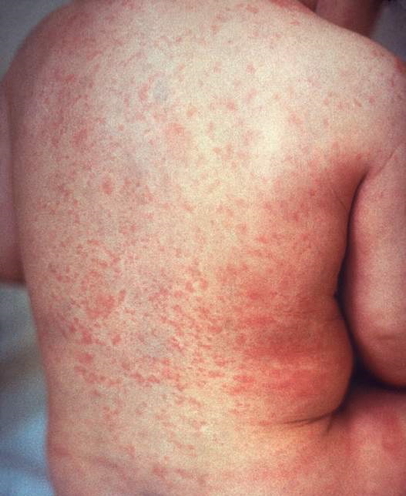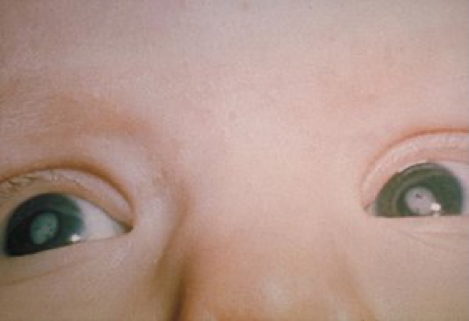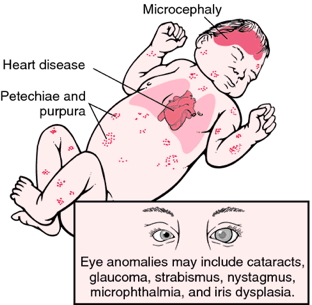Table of Contents
Overview – Rubella (German Measles)
Rubella, also known as German Measles, is a mild, self-limiting viral illness. It is characterised by fever, rash, and lymphadenopathy, often accompanied by arthralgia in adults. While typically benign, infection during early pregnancy is a major concern due to its potential to cause Congenital Rubella Syndrome (CRS), which carries risks of miscarriage and severe birth defects. Widespread MMR vaccination has significantly reduced global incidence, making it a preventable disease.
Aetiology
- Rubella virus, a single-stranded RNA virus from the Togaviridae family
Transmission
- Primarily via aerosolised respiratory droplets
- Incubation period: 14–21 days
- Infected individuals are contagious from 7 days before to 4 days after rash onset
Pathogenesis
- Respiratory tract → replication in nasopharyngeal epithelium
- Viraemia leads to systemic spread → rash and lymphadenopathy
- In pregnancy: virus crosses placenta → disrupts embryogenesis
Clinical Features
In Children and Adults
- Flu-like prodrome: low-grade fever, malaise, headache
- Maculopapular rash:
- Begins on face → spreads downward
- Fades within 3 days (“3-day measles”)
- Lymphadenopathy: especially posterior auricular and suboccipital
- Arthralgia / arthritis (especially in adult females)
- Conjunctivitis may be present


Diagnosis
- Clinical diagnosis during outbreaks or in classic presentations
- Laboratory tests:
- Specific IgM antibodies (most useful for acute diagnosis)
- PCR (especially in prenatal cases)
Management
- Supportive care only:
- Paracetamol/NSAIDs for fever or joint symptoms
- Rest and hydration
- No specific antiviral therapy
- Isolation advised for infected individuals, especially around pregnant women
Prevention
- MMR vaccine (Measles-Mumps-Rubella)
- Live attenuated virus
- Administered in two doses during childhood
- Contraindicated in pregnancy
- Serological testing:
- Routinely performed in early pregnancy to check immunity
- Public health aim: prevent CRS by achieving herd immunity
Prognosis
- Generally benign and self-limiting in immunocompetent individuals
- Symptoms typically resolve in 1–3 days
Complications of Rubella
General
- Arthritis (particularly in adult women)
- Thrombocytopenic purpura
- Encephalitis (rare)


In Pregnancy – Congenital Rubella Syndrome (CRS)
- Highest risk if infection occurs within first 20 weeks
- Outcomes:
- Miscarriage or stillbirth
- Congenital anomalies:
- Cardiac defects (e.g., PDA)
- Microcephaly, mental retardation
- Sensorineural deafness
- Blindness (cataracts/retinopathy)
Differential Diagnosis
- Measles (longer course, Koplik spots, higher fever)
- Roseola
- Erythema infectiosum (parvovirus B19)
- Drug eruptions
Summary – Rubella (German Measles)
Rubella is a mild, vaccine-preventable viral illness featuring fever, rash, and lymphadenopathy. While symptoms are often self-limited, maternal infection during pregnancy can result in Congenital Rubella Syndrome, highlighting the importance of MMR vaccination and prenatal screening. For broader context, visit our Respiratory Overview page.